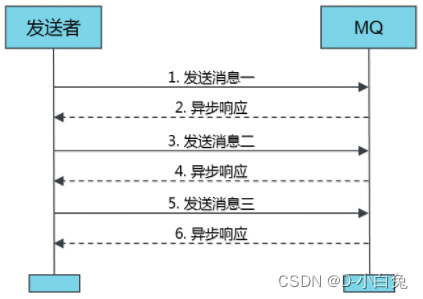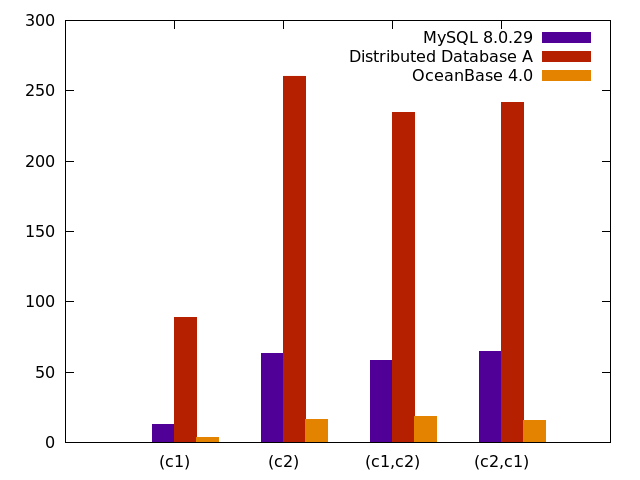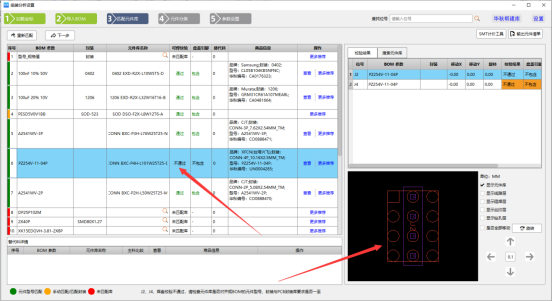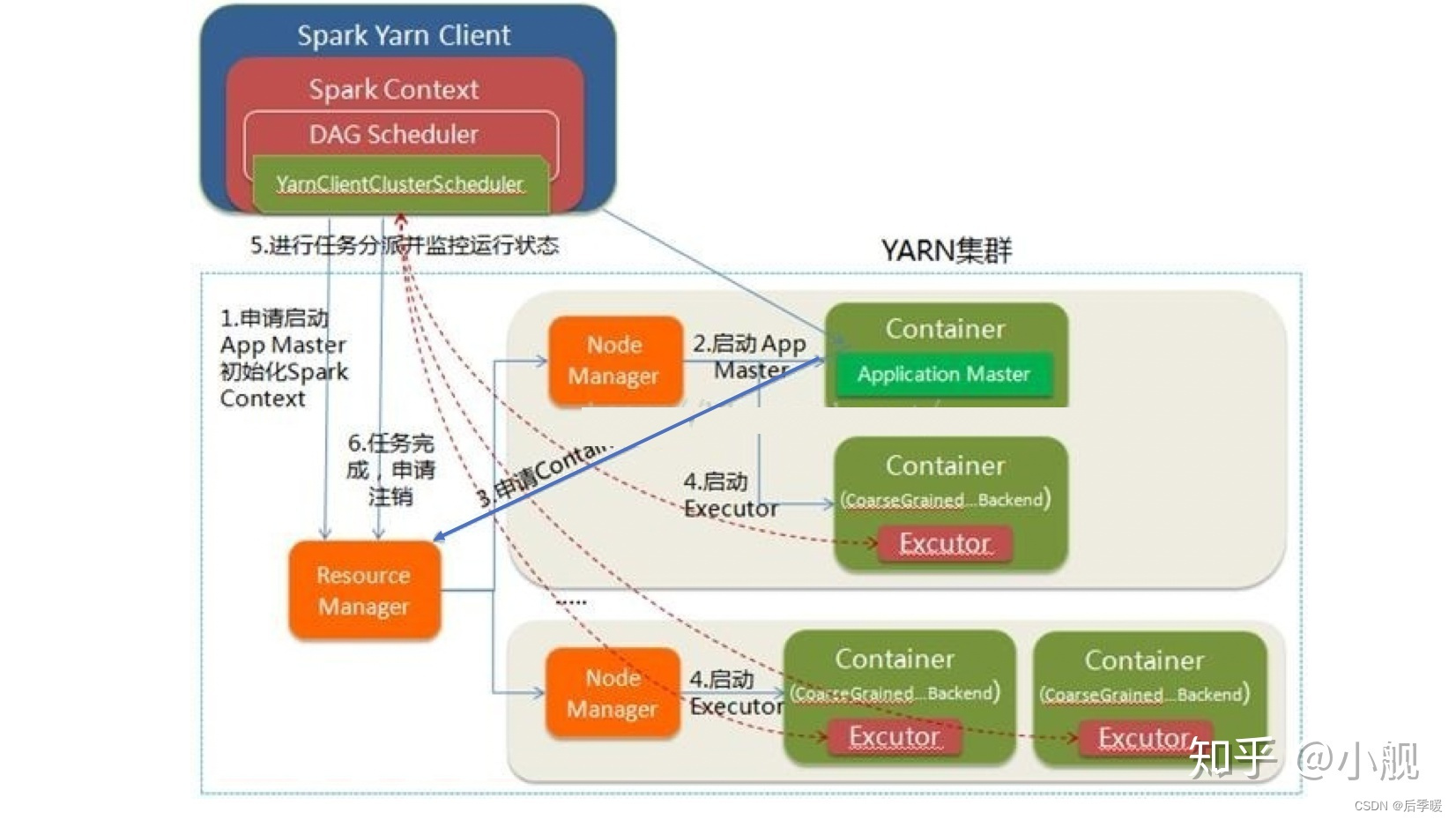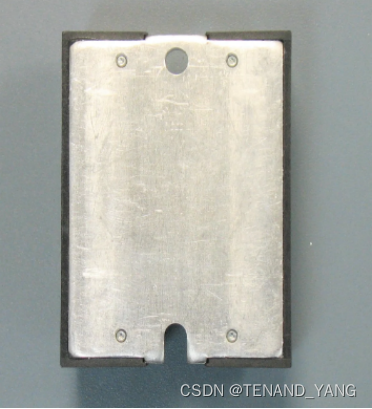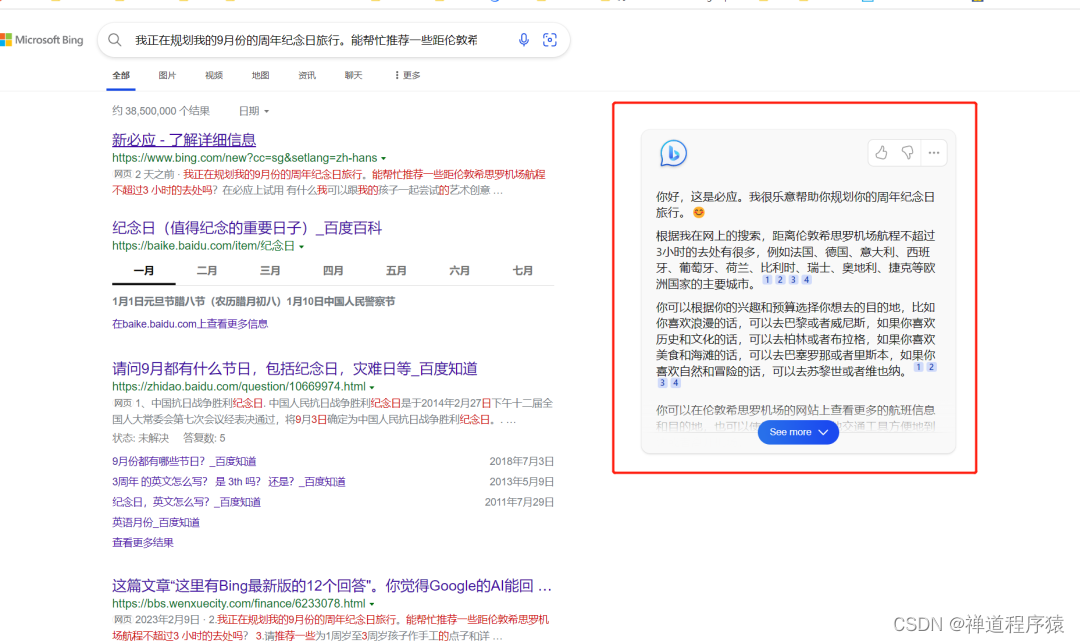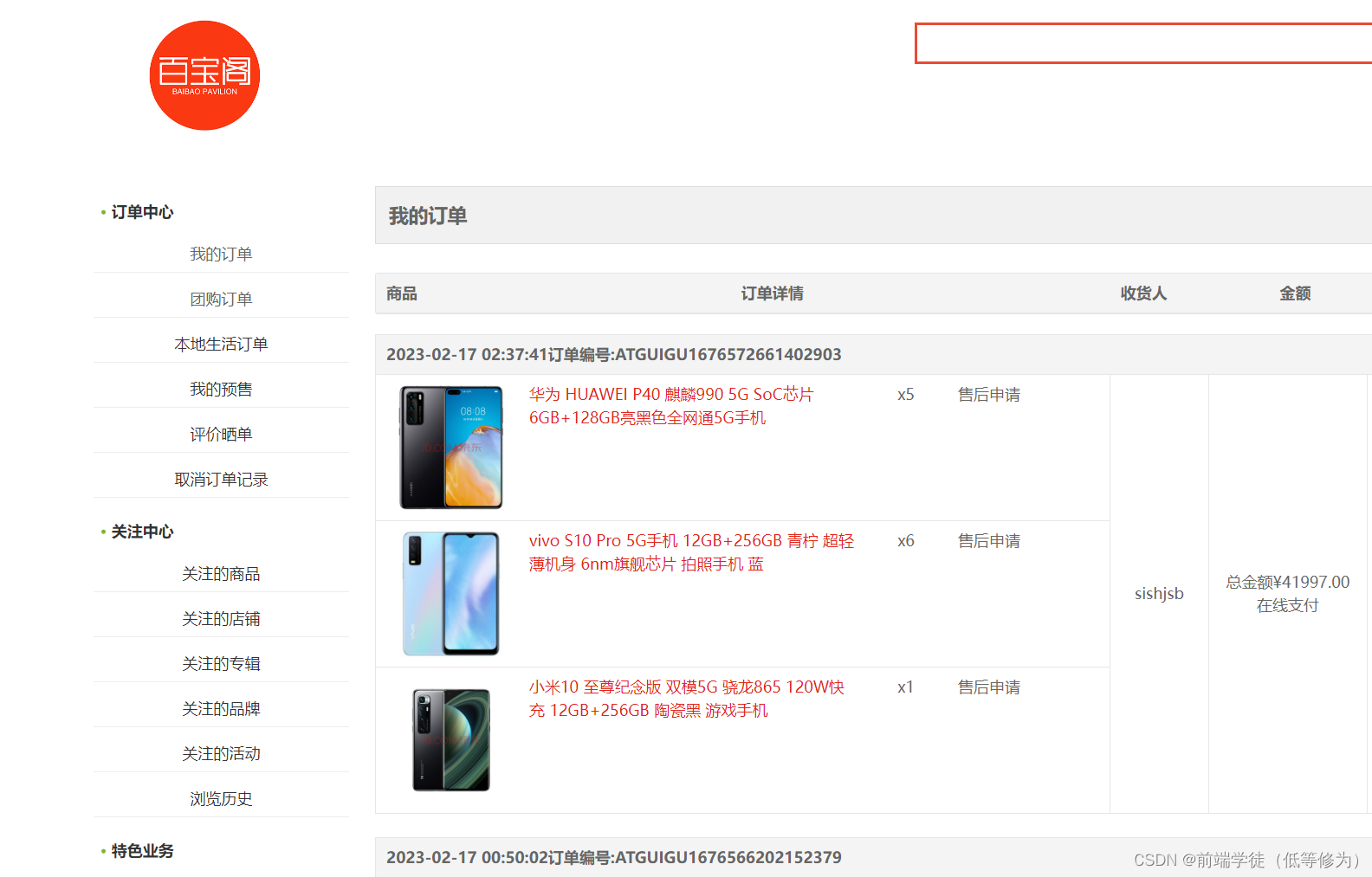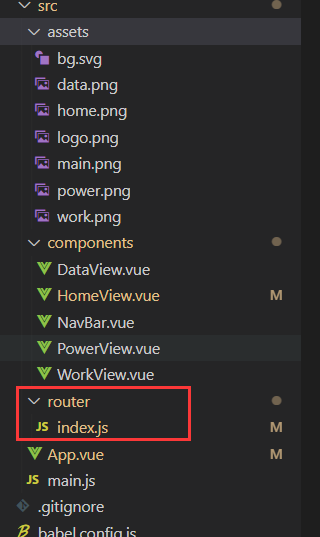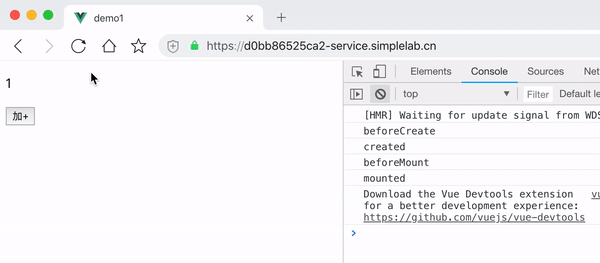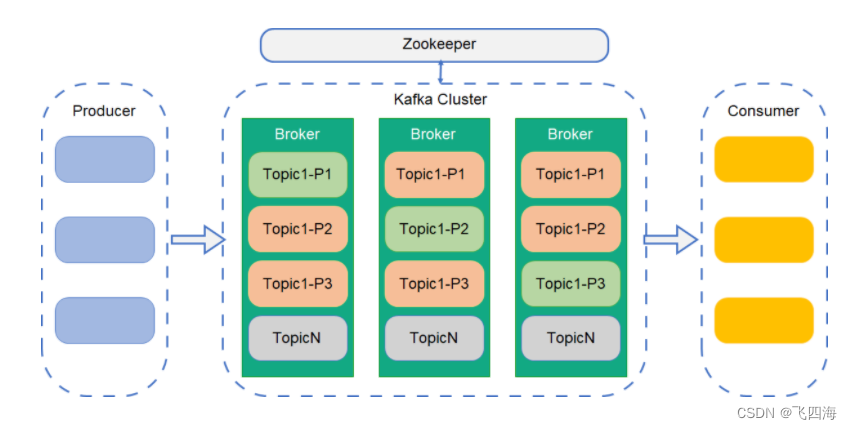此前,我对detach的理解是,当主线程退出后,子线程能够继续存在。实际上,当主线程退出后,子线程也随之结束了。先看一个例子:
#include <iostream>
#include <thread>
#include <unistd.h>
using namespace std;
int main()
{
std::thread my_thread([]{
while(1) {
this_thread::sleep_for(chrono::seconds(1));
cout << "in thread" << endl;
}
});
this_thread::sleep_for(chrono::seconds(2));
my_thread.detach();
cout << "after detach" << endl;
}运行结果为:
in thread
after detach
问题一:主进程结束之后,子线程会跟着结束吗?
这是关于detach的定义:
https://legacy.cplusplus.com/reference/thread/thread/detach/
Detaches the thread represented by the object from the calling thread, allowing them to execute independently from each other.
既然都allowing them to execute independently from each other了,为什么主进程退出的时候,子线程也跟着走了?在linux系统中,当主进程结束的时候,子进程确实会跟着结束的。那么问题来了,main执行完之后,主进程就结束了吗?是的,的确如此,上面的例子已经说明了这个结论。那么,main是如何结束的?因为调用了return。可是,我在代码中没有没有调用return?因为编译器自动给加了一句return 0。真的吗?真的,请看下图:


能否让主进程退出之后,不把子进程给结束掉呢?请看下例:
int main()
{
std::thread my_thread([]{
while(1) {
this_thread::sleep_for(chrono::seconds(1));
cout << "in thread" << endl;
}
});
this_thread::sleep_for(chrono::seconds(2));
my_thread.detach();
cout << "after detach" << endl;
pthread_exit(nullptr);
}主进程退出后,子线程依然活蹦乱跳的。这一次,由于主进程通过pthread_exit猝然长逝,来不及挥一挥衣袖,也来不及带走一个线程。
问题二:
detach之后,如果子线程退出了,会发生什么?
“Both threads continue without blocking nor synchronizing in any way. Note that when either one ends execution, its resources are released.”
如果子线程退出了,主进程也会随之而去。真的吗?请看下例:
int main()
{
std::thread my_thread([]{
cout << "thread bye" << endl;
exit(0);
});
this_thread::sleep_for(chrono::seconds(2));
my_thread.detach();
cout << "main bye" << endl;
}运行结果验证了上述结论。所以,一直以来,我对detach一直有误区。detach,主要的还是把主进程和子线程分离了,使二者能够独立的运行。但是,他们依然同生共死,不离不弃。
总结出以下结论:
1.主进程结束时(调用return/exit),子线程会随之结束。可以通过pread_exit退出进程而不杀掉其子线程。
2.用detach分离子线程和主进程,二者任意一个结束,整个进程(包括线程都会结束)。
3.在main函数中,如果不显示的调用return,编译器会自动给加一句return 0。

